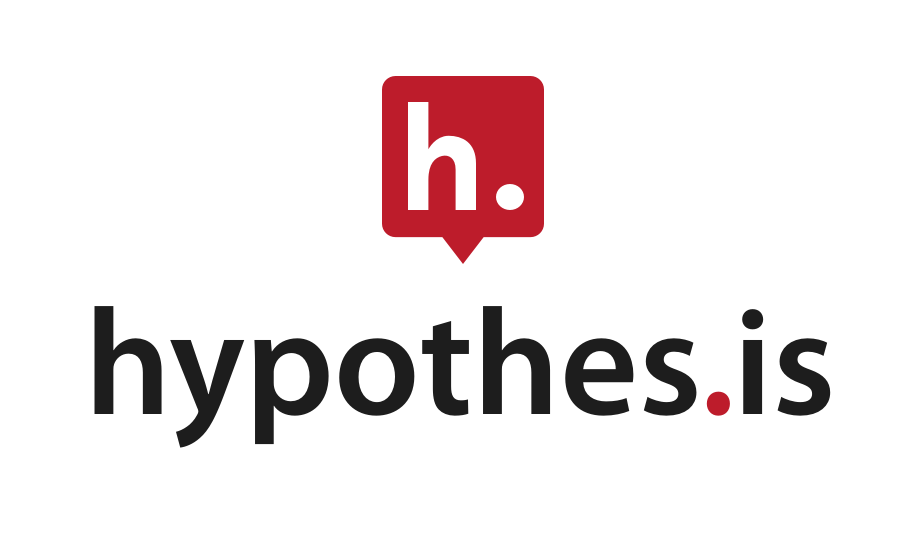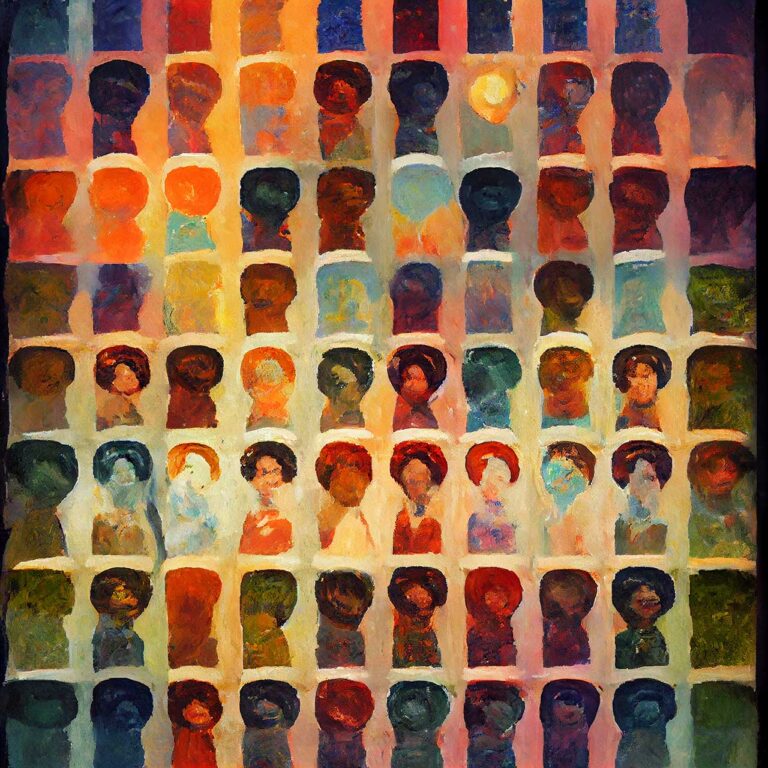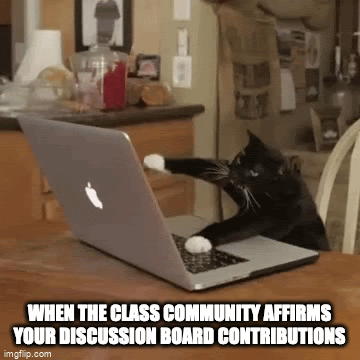
Reinvigorate online discussions with Hypothesis
Hypothes.is is a collaborative annotation tool now available in all UAF Canvas courses. Hypothesis merges the tasks of reading and discussion through the act of annotation, allowing students to hold contextualized discussions about the reading.
Collaborative annotation changes the timeline of how discussions happen. In the fall 2019 offering of ED F650: Current Topics in Ed Tech, Hypothesis replaced discussions in most weeks of the course. The instructor, Sean Holland, found that discussion began earlier in the week, since it was happening at the time of reading. This allowed for iteration and sustained interaction that lasted throughout the week, rather than a burst of activity over the week’s end. Feedback from students was overwhelmingly positive. They felt that not only was their discussion valuable and meaningful, but that their work of reading was being recognized too:
Join Hypothesis and UAF CTL instructional designers for an introductory session to Hypothesis on Tuesday, Sept. 21, from 1:15-2:15 p.m.
Collaborative annotation in Hypothesis permits students to share their thoughts within both textual and social contexts, without the pressure of a paper-worthy idea. Kalir (2020) argues that, “Annotation can open up transformative learning opportunities for educators and their students to take intellectual risks, share personal opinions, and make meaning together about challenging texts and topics” (p. 14). Collaborative annotation provides a radical alternative to the standard structure of read-and-respond online discussions. When faced with a substantial graded discussion board post, students may avoid asking small questions or voicing their personal connections to the material, in favor of posting a less risky response such as a summary. Hypothesis allows instructors to grade engagement in an online discussion through highlights, comments and responses, giving students more low-stakes ways to show their learning. As one student voiced: “We can have small thoughts in this [Hypothesis].”
How to use Hypothesis in a UAF Canvas course
Hypothes.is began as a browser extension that allowed anyone to annotate the open web publicly. The same feature set is now available within any Canvas course, for annotations and discussions: either within the class, within a group or privately.
There are two ways to use Hypothesis in a course: either as a new ungraded module item or as an assignment that will connect to the gradebook:
- Using the Hypothesis LMS App with Modules in Canvas
- Using the Hypothesis LMS App with Assignments in Canvas
Join Hypothesis and UAF CTL instructional designers for an introductory session to Hypothesis on Tuesday, Sept. 21, from 1:15-2:15 p.m. Register here: https://hypothesis.zoom.us/webinar/register/WN_CqoLxrQSTU6htl8xGKkCEQ
References
Kalir, J. R. (2020). “Annotation is first draft thinking”: Educators’ Marginal Notes as brave Writing.





